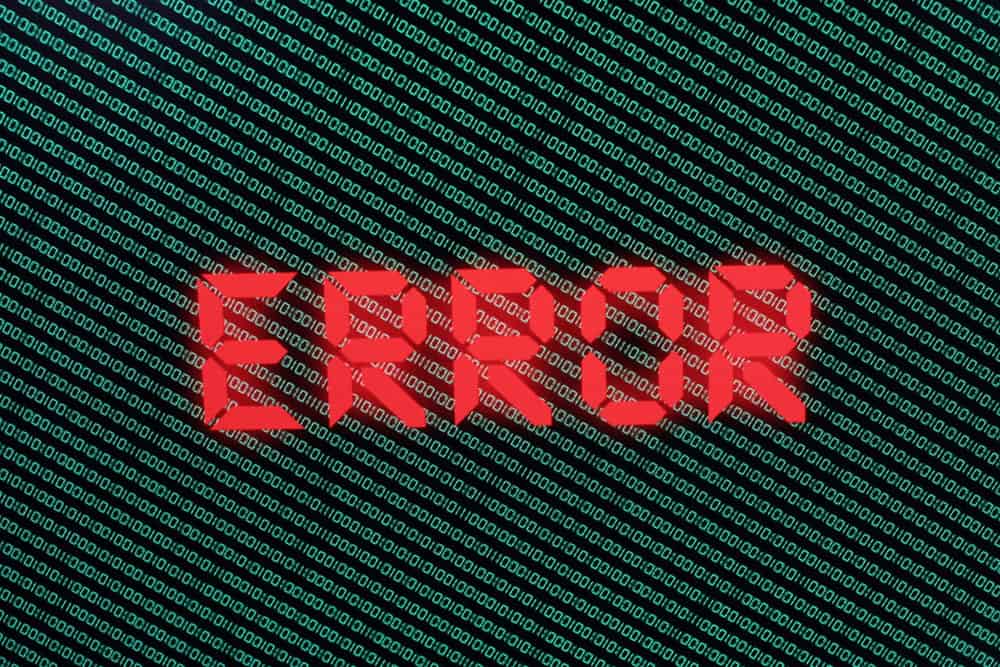I’ve recently seen several mistakes involving the wrong word used in place of another that sounds identical, but is spelled differently and carries a vastly different meaning. An Indianapolis Star article about flooding had a caption that began “Storms dye down …” The writer meant to say “die down,” as in taper away, not “dye down,” which would involve coloring waterfowl feathers. And a local business publication made reference to a business as a “tool and dye shop.” Again, the writer meant “die,” which is a type of device that uses pressure to cut or change the shape of some kind of raw material.
Another case where words sound identical but have mean something else came in a news site article about a property owner who had been given permission to tear down a building over the protests of his neighbors. The headline read “Owner gets to raise building.” The word the writer meant to use was “raze,” which means “tear down.” If the owner was instead planning to “raise” a building, it meant he was going to build a new one.
And CBS4 in Indy’s website included this gem in a story about a new law for roundabouts: ”If a vehicle is 40 feet or longer, that driver has the right away in any roundabout.” Not “right away,” which means in a hurry, but “right of way,” as in who gets to pass through first.
Finally, back to the Indianapolis Star and a simple spelling mishap in an article about police trying to enforce laws against motorists who pay more attention to their phones than to the road. The paper quoted an officer as saying “it’s a difficult statue.” A statue is a large art object, such as a representation of a famous person. What the reporter meant to type was “statute,” which is a law. In the good ol’ days, a copy editor would have fixed that one, but the Star decided several years ago that copy editors were superfluous, and eliminated those positions. More’s the pity.
